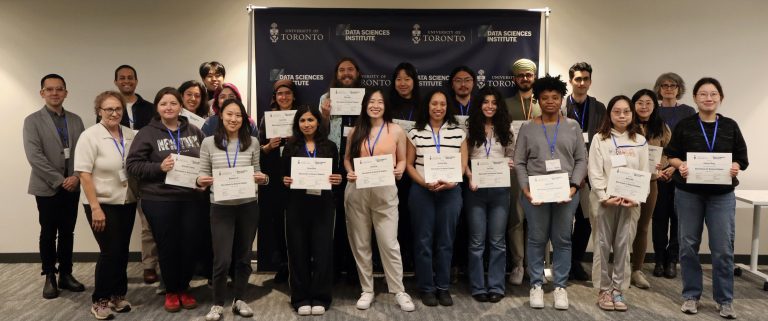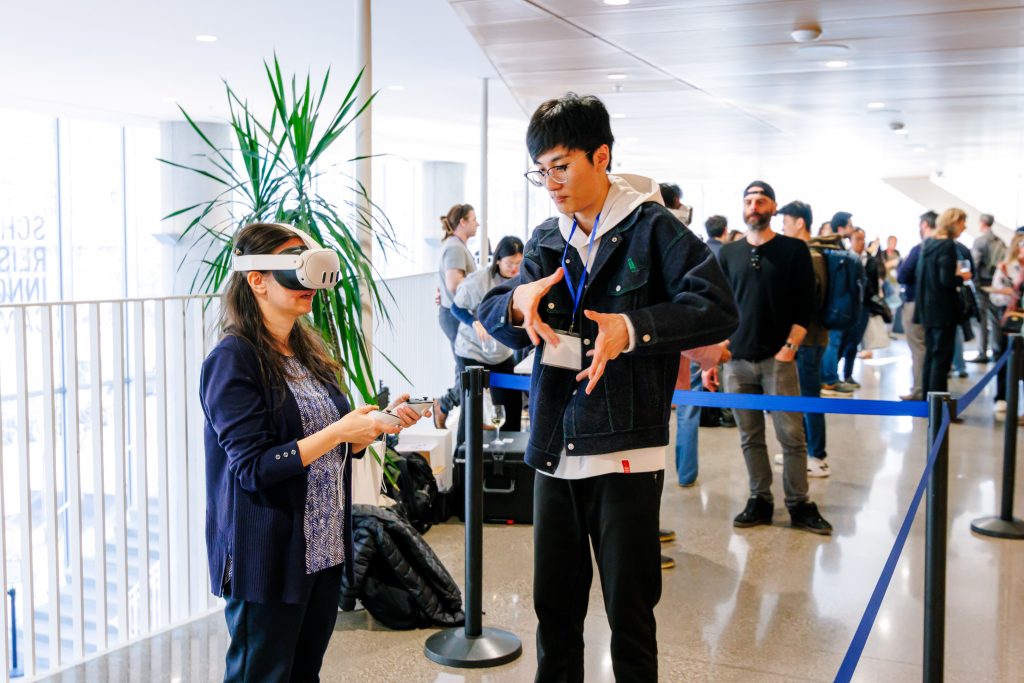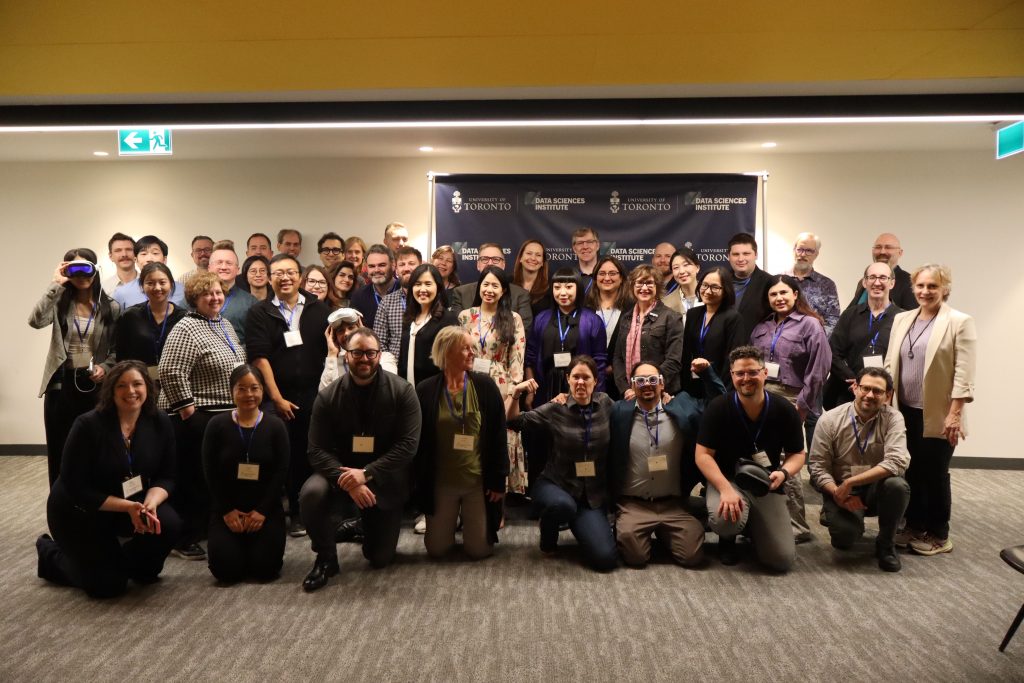By: Cormac Rea
If you’re a U of T doctoral student looking to boost your data science skills and expand your career options, good news: the popular Data Sciences Institute (DSI) and School of Graduate Studies’ (SGS) Data Science Certificate for Doctoral Students will continue next year —with more spots available, thanks to the success of the first offering.

The not-for-credit certificate aims to equip PhD students with in-demand data science skills that complement their academic training and broaden their career opportunities. This spring, 58 students completed the inaugural certificate.
“The energy and enthusiasm from our first cohort was remarkable, and we are thrilled to continue to offer the Data Science Certificate for Doctoral Students,” says DSI Certificates Director of Technical Skills & Curriculum, Rohan Alexander (Assistant Professor, Faculty of Information; Department of Statistical Sciences, Faculty of Arts & Science, University of Toronto).
“The need for these skills is now universal and the demand from students has reflected the data-driven reality across a variety of careers and disciplines.”
More than 250 doctoral students from all SGS academic divisions— physical and life sciences, social sciences, and humanities—applied for the first cohort, underscoring the strong demand for data science training across disciplines.
That demand mirrors findings in a recent U of T report, Canada’s Talent Advantage: PhD graduates in increasing demand from industry, which noted that nearly 70 percent of PhD students hope to work in industry but face barriers to upskilling, gaining work-relevant skills, and building professional networks.
Certificate participants referenced the asynchronous, flexible virtual class structure as creating an easy fit with their demanding academic schedules. As well, a focus by instructors on the basic principles of data science helped students build a strong foundation and comfort level with the new material.
“The learning experience was really thoughtful and well designed,” said Paula Aoyagui, PhD student, Faculty of Information.
“I felt supported every step of the way and am grateful to have these skills for my PhD journey!”
DSI continues to update the certificate content based on student feedback; a new module on Deploying AI with Large Language Models (LLMs) will be incorporated into the Certificate, keeping the curriculum aligned with emerging industry needs.
“This update reflects our commitment to stay ahead of industry trends and responds to student feedback,” says Joshua Barker, Dean, School of Graduate Studies and Vice-Provost, Graduate Research and Education. “Together, SGS and DSI aim to ensure our graduate students gain valuable skills that they can integrate into their research and future careers.”
Recognizing the importance of affordability for students, financial support from SGS helps the DSI to offer the Certificate at a highly subsidized rate.
Along with the modest cost of $300 for doctoral students, the Certificate remains accessible and promises high engagement from students.
For Certificate information and to apply, visit and the Certificate webpage.




